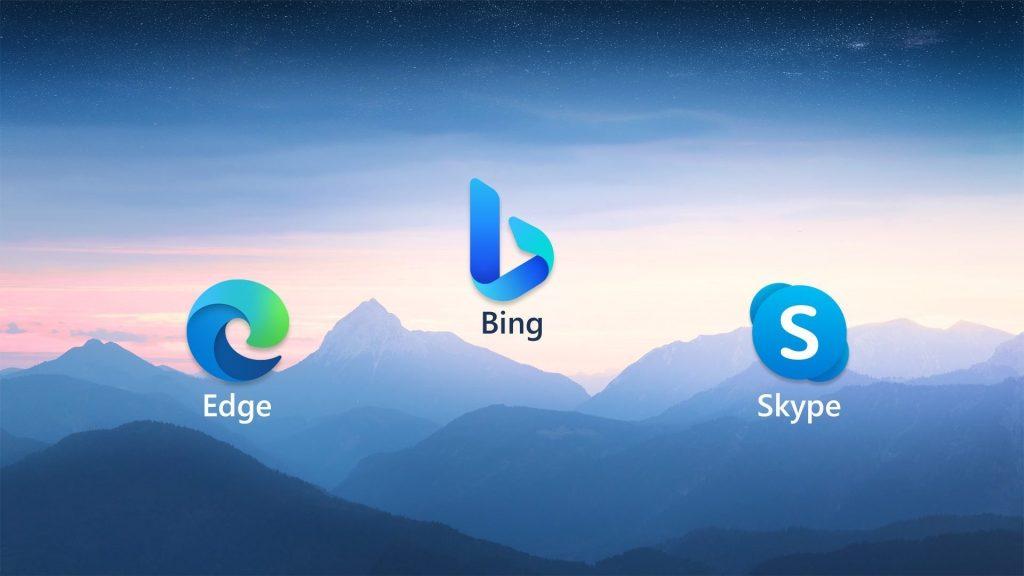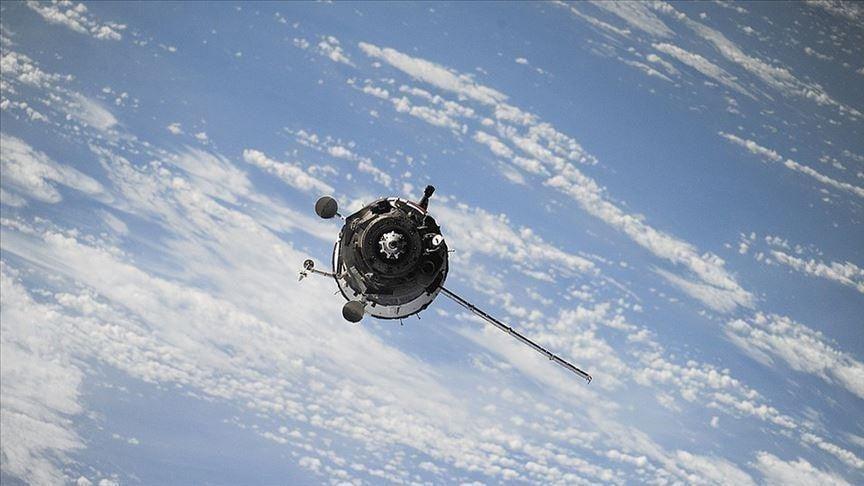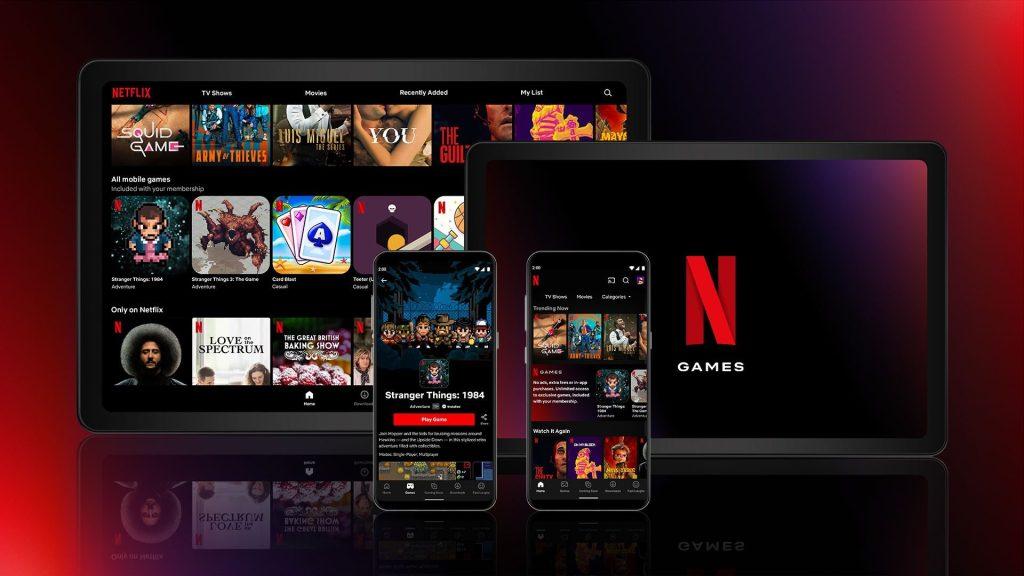Introduction
The Rise of Electric Buses in Modern Transportation
Electric buses have emerged as a game-changer in urban mobility, replacing traditional fuel-powered vehicles with eco-friendly alternatives. These buses operate using advanced battery technology, eliminating harmful emissions and reducing our dependence on fossil fuels.
The Need for Sustainable Public Transport
With growing concerns about climate change and urban air pollution, cities worldwide are actively shifting towards cleaner transportation options. Electric buses lower carbon emissions and contribute to quieter, more energy-efficient streets.
How Green Electric Buses are Transforming Public Transit in Pakistan
Pakistan is beginning to adopt green electric buses, marking a crucial shift towards sustainable public transport. With increasing government support and the push for eco-friendly infrastructure, electric buses are set to reshape the country’s transit landscape.
Understanding an Electric Bus
Defining an Electric Bus
An electric bus is a modern public transport vehicle powered by electricity instead of diesel or gasoline. It utilizes rechargeable batteries or alternative energy sources, such as hydrogen fuel cells, to operate efficiently and with zero tailpipe emissions.
How Electric Buses Function
Electric buses rely on high-capacity batteries that store and deliver energy to an electric motor. Some models incorporate regenerative braking technology, which converts kinetic energy into stored electricity, improving efficiency and extending battery life.
Essential Components of an Electric Bus
- Battery System: The core energy source, storing electricity for propulsion.
- Electric Motor: Converts electrical energy into motion to drive the bus.
- Charging Mechanism: Enables power replenishment via wired or wireless charging stations.
- Intelligent Control System: Manages energy use, battery performance, and route optimization.
Types of Electric Buses
Battery Electric Buses (BEBs)
Battery-powered buses store energy in onboard battery packs and require periodic recharging at dedicated stations. These vehicles are ideal for city commutes, providing a silent, pollution-free alternative to conventional buses.
Fuel Cell Electric Buses (FCEBs)
Instead of plug-in charging, these buses generate electricity through hydrogen fuel cells. The only byproduct of this process is water, making them one of the most environmentally friendly transit solutions available.
Hybrid Electric Buses
These buses integrate both an electric motor and a small internal combustion engine, optimizing fuel efficiency while gradually reducing emissions. They serve as a transitional solution for cities shifting toward full electrification.
The Advantages of Electric Buses
Reducing Air Pollution with Zero-Emission Transport
Electric buses operate without producing harmful pollutants, leading to cleaner air and improved public health. This is particularly beneficial in densely populated urban centers.
Long-Term Cost Savings and Energy Efficiency
Despite a higher initial purchase price, electric buses help governments and transit agencies save money in the long run by lowering fuel and maintenance costs.
Minimizing Noise Pollution in Urban Areas
Electric buses produce less noise than diesel, creating a quieter, more peaceful city environment.
A Comfortable and Futuristic Passenger Experience
Passengers benefit from smoother rides, modern interiors, and enhanced onboard features such as AI-powered climate control and digital route navigation systems.
Challenges of Electric Bus Implementation
The High Cost of Transitioning to Electric Fleets
One of the biggest hurdles in adopting electric buses is the upfront investment required in both the vehicles and the necessary charging infrastructure. However, financial incentives and technological advancements are making electric transit more accessible.
The Need for Widespread Charging Infrastructure
Expanding the charging station network is essential for electric buses’ success. To address this issue, innovative solutions such as wireless charging lanes and solar-powered charging hubs are being explored.
Battery Performance and Longevity Issues
Battery lifespan varies based on climate, charging frequency, and usage patterns. Ongoing research in solid-state battery technology aims to develop longer-lasting and faster-charging alternatives.
The Rise of Green Electric Buses in Pakistan
Government Initiatives to Promote Electric Public Transport
The Pakistani government has started rolling out incentives, including tax reductions and investment in renewable energy-based charging stations, to accelerate the shift toward electric buses.
Current Progress in Electric Bus Projects
Significant cities like Karachi, Lahore, and Islamabad have already introduced electric buses in their public transportation systems. These pilot programs are laying the groundwork for a broader transition to sustainable urban mobility.
Public-Private Partnerships in Advancing Electric Mobility
Collaboration between private investors and government agencies is essential for developing efficient electric transport networks. These partnerships are driving research and funding for large-scale electric bus deployment.
Charging and Infrastructure for Electric Buses
Understanding Different Charging Methods
- Standard overnight charging: suitable for buses operating on fixed daily schedules.
- Fast Charging Stations: Reduces downtime by enabling rapid power replenishment.
- Wireless Charging Technology: allows seamless energy transfer at bus stops and depots.
Challenges in Expanding Charging Infrastructure
Ensuring the electrical grid can support widespread charging demands remains a key challenge. Innovative solutions, such as AI-driven energy distribution systems, are being developed to prevent power shortages.
Future Innovations in Charging Technology
The introduction of ultra-fast chargers, renewable-powered charging stations, and AI-based grid management systems is expected to enhance the efficiency of electric bus networks.
Comparing Electric and Diesel Buses
Energy Efficiency and Fuel Savings
Electric buses convert a higher percentage of energy into movement than diesel buses, reducing fuel consumption and operational costs.
Maintenance Costs and Durability
With fewer mechanical components, electric buses require less maintenance, resulting in lower repair costs over their lifespan.
Long-Term Sustainability Benefits
Integrating blockchain-based carbon offset programs and AI-driven route optimization ensures that electric buses remain integral to sustainable urban planning.
The Future of Electric Buses in Pakistan and Worldwide
Trends in Electric Bus Adoption Across the Globe
Countries such as China, Germany, and the United States are rapidly electrifying their public transport fleets, setting the stage for a global shift toward sustainable mobility.
The Role of Smart Technology in Electric Bus Development
Advancements in autonomous navigation, 5G-powered traffic management, and AI-based fleet monitoring are making electric buses safer and more efficient.
Innovations That Will Shape the Next Generation of Electric Buses
Future electric buses will incorporate self-charging battery technology, vehicle-to-grid (V2G) energy sharing, and solar-integrated body panels, further enhancing their sustainability and efficiency.
Conclusion
Key Takeaways on Electric Buses
Electric buses transform urban transport by offering a clean, efficient, and cost-effective alternative to traditional fuel-powered vehicles.
The Future of Public Transport is Electric
With continuous improvements in battery technology, AI-driven energy management, and smart grid integration, electric buses will soon become the dominant mode of public transportation.
Why Green Electric Buses are Essential for Pakistan’s Urban Development
The green electric bus in Pakistan represents a step toward an eco-friendly future, helping cities reduce emissions, lower fuel costs, and embrace innovative mobility solutions.













